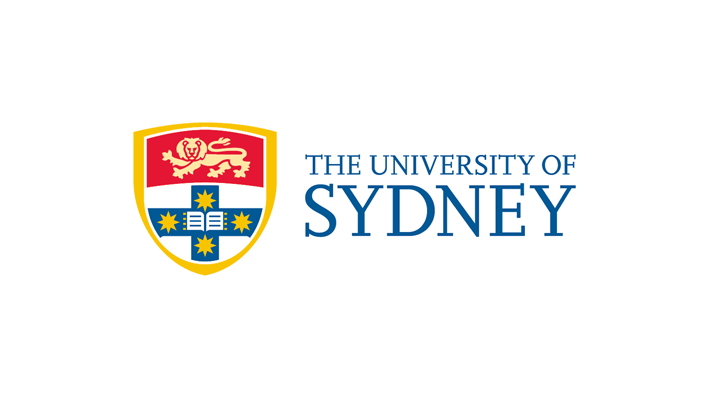
About Dr Rhys van der Rijt
BSci (Med), MBBS, MS (Syd)
FRACS (Plastic and Reconstructive Surgery)
About Dr Rhys van der Rijt
Dr van der Rijt predominantly works in the Eastern Suburbs of Sydney in both public and private hospitals. He also works on the Central Coast and in Port Macquarie.
Dr van der Rijt currently works as a consultant Plastic Surgeon at Prince of Wales Hospital, The Royal Hospital for Women and Sydney Children’s Hospital in Randwick where he manages a variety of both elective and emergency plastic surgery cases.
He is trained and experienced across the spectrum of plastic surgery, however, his training in Australia and overseas has led him to sub-specialise in three main areas: Microsurgical reconstruction of the breast (DIEP flap reconstruction), aesthetic surgery of the breast and body and complex skin cancer reconstruction of the face, head and neck.
Education & Qualifications
Plastic and Reconstructive Surgeon
BSci (Med) MBBS MS (Syd)
FRACS (Plastic and Reconstructive Surgery)
Areas of subspecialty
Aesthetic surgery of the breast and body (including breast reduction and post pregnancy surgery)

Things to consider when choosing your surgeon.








